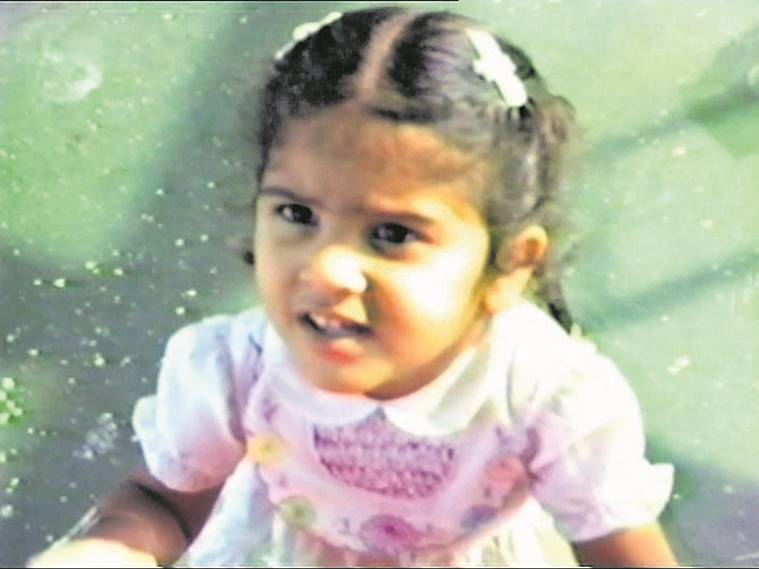
The first Open Frame started on a modest note in 2001. A Delhi-based festival screening independent documentaries, it comprised only films by the organiser, Public Service Broadcasting Trust (PSBT). Open Frame 2019, which will be held between September 20 and 24, has hit another modest note and is made up of PSBT films.
“We are without a current grant and hoping that funding would come through. What we do offer is rich content that is a combination of retrospective films, some of our best from the past, and some of the best over the last year,” says Rajiv Mehrotra, Managing Trustee of PSBT, for regulars, who may miss Open Frame’s usual section of foreign films. The festival will screen 42 films, including 28 new releases. Most have been critically received at festivals across the world and two of these — Janani’s Juliet and Moti Bagh — gained direct nominations for Best Long Documentary at Oscars 2019.
The former is based on a theatrical adaptation of Romeo and Juliet against the caste realities of India, while the latter turns the lens on octogenarian Vidyadutt Sharma, who is trying to keep his land alive in a fast-decimating Himalayan village.
“Over the years, we have succeeded in expanding the constituency of independent documentary filmmakers and of people who watched and appreciated documentary films. We have worked with 500 filmmakers, a third of who were first-timers, and, in 2018, 75 of our films have had 235 festival selections around the world, winning 28 awards,” says Mehrotra. He adds that films such as 2019’s Coral Woman and the 2006 film, Bare, are made on low budgets but “have pushed the boundaries of filmmaking.”Coral Woman is filmmaker Priya Thuvassery’s ode to the beauty of corals. She travels with Uma Mani, a certified scuba diver, as the film highlights the underwater world and the threat to the coral reefs of the Gulf of Mannar.

“Born in a traditional family, inspired by the beauty of the corals, Uma learnt to swim, dive and paint in her 50s, and has since been trying to bring attention to this alarming environmental crisis through her paintings,” says Mehrotra. Bare, he adds, is “a film from the heart and made with passion and basic equipment”. Filmmaker Santana Issar uses stock home video and a soundtrack made up of telephonic conversations in Bare to explore her relationship with her alcoholic father.
As always, screenings will be followed by interactions with the filmmakers and experts.
The first such interaction will be with Rintu Thomas and Sushmit Ghosh, founders of Black Ticket Films, who have made Kings of Horror. The film visits the story of one of the most important families of Bollywood, the Ramsays, who redefined horror in Indian cinema. Another filmmaker, Prithvi Konanur, shows what happens when a bunch of children are handed a camera, in his film, Action…Drama…Cut.… In another session, Umang Sabarwal and actor Sharmila Tagore will be present for an interaction after the screening of Starring Tagore, a film about the actor who was introduced to the screen as a 13-year-old by Satyajit Ray and has successfully balanced classical and popular cinema.

A different kind of film, Notes on Guler, traces the memories and legacies of an erstwhile principality that is now submerged beneath a dam. Memory is also one of the elements that drives Lovely Villa: Architecture as Autobiography, by Rohan Shivkumar, which explores the relationship of architecture, everyday life, family, coming of age and the idea of home. Gumnaam Din, on the other hand, is about missing people who left for the city for work and the people left behind who await their return.
Open Frame will be held at India International Centre, Delhi, from September 20-24. Entry: Free